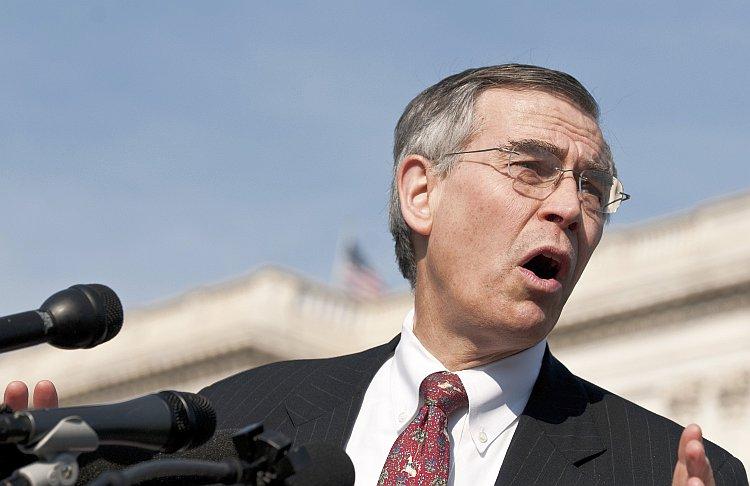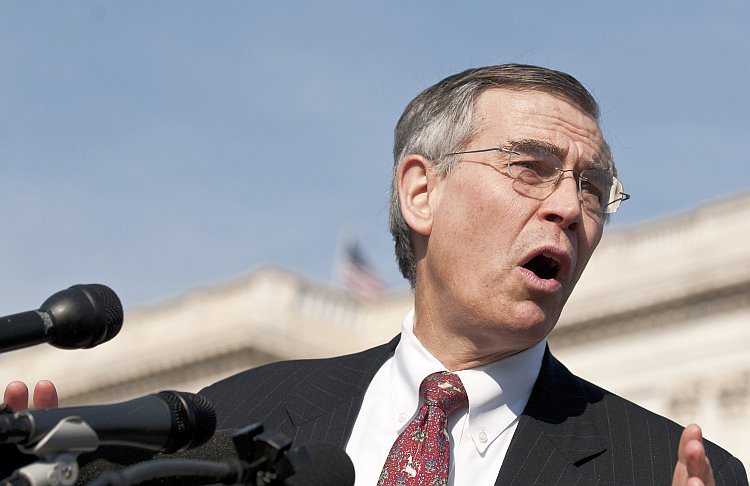With the U.S.’s expanding debt reaching $15 trillion, Congress is faced with the challenge of how and where to make cuts in government spending or provide economic relief for citizens; the most recent example being the Christmas debate over extending the payroll tax break.
For House Democrat Rep. Rush Holt (D-N.J.), a key component to recovery is increased government spending. In an op-ed last week in The Star-Ledger, Holt wrote of “the importance of public spending, even in tough times, on things that advance our country.”
Holt argues that in proportion to the current size of our economy, our deficit is actually half of what it was in the 1940s.
“In 1944, its deficit was 23 percent of our economy’s size. Today, it is less than 9 percent. As for publicly held debt, it was significantly larger as a share of our economy in 1944 than it is today,” Holt said, attributing the statistics to the Office of Management and Budget.
“To those who say that our deficits are too high to invest in research and development, education, and infrastructure that would allow America to compete in this increasingly global economy, I will simply point out that, had we listened to that same pessimistic argument seven decades ago, Americans would not be nearly as prosperous as we are today,” Holt said.
Daniel Horowitz, who works in public policy and writes for conservative website RedState.com, says there’s more to the debt story, as a massive military buildup was key to World War II-era public spending.
“Consequently, our total gross debt dipped well below 60 percent of GDP during the next decade, and eventually, under 35 percent of GDP,” Horowitz claims, adding that by 1948 “total federal outlays were just 11.6 percent of GDP; today’s outlays are 24.5 percent of our economy.”






